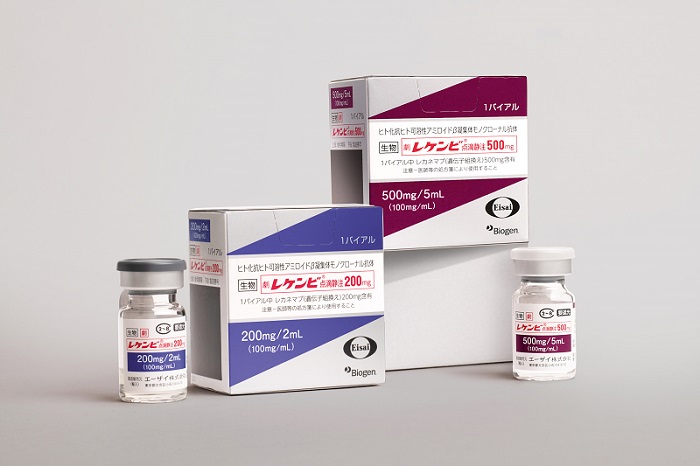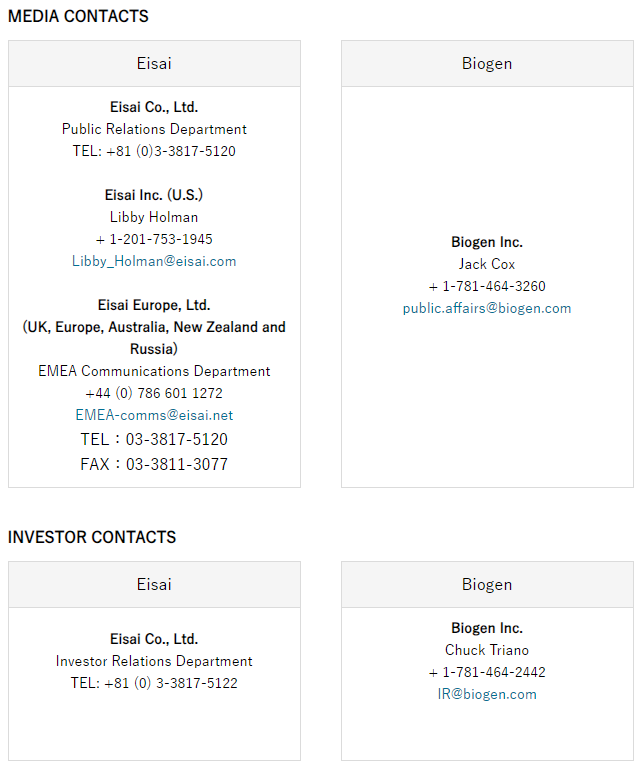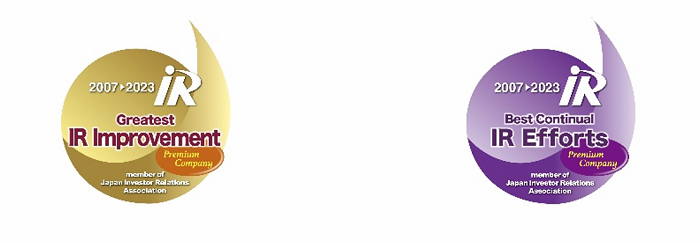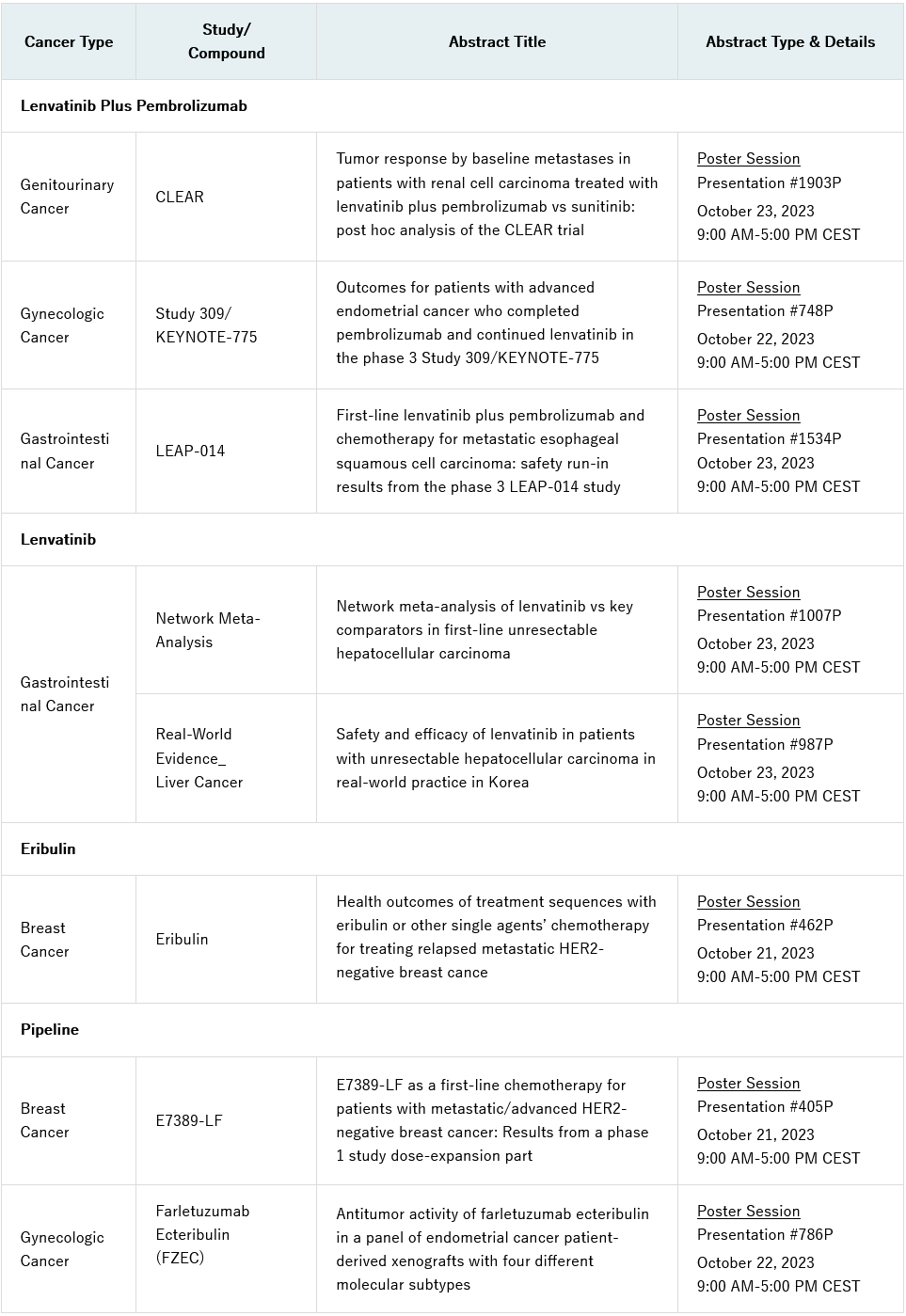news – page 2 – eisai china lnc.-pg电子app
eisai co., ltd. (headquarters: tokyo, ceo: haruo naito, “eisai”) announced today that it has submitted a marketing authorization application in japan for its in-house discovered fibroblast growth factor (fgf) receptor (fgfr1, fgfr2, fgfr3) selective tyrosine kinase inhibitor tasurgratinib succinate (generic name, development code: e7090, “tasurgratinib”) for biliary tract cancer with fgfr2 gene fusion. in japan, tasurgratinib has received orphan drug designation for a prospective indication for unresectable biliary tract cancer with fgfr2 gene fusion by the ministry of health, labour and welfare, (mhlw). under this system, this application will be subject to priority review.
this application is based on the results of a multicenter, open-label, single-arm clinical phase ii trial (study 201) in japan and china conducted by eisai. study 201 enrolled patients with unresectable biliary tract cancer with fgfr2 gene fusion previously treated with gemcitabine-based combination chemotherapy. the primary endpoint of this study was objective response rate, and secondary endpoints included safety. detailed results of the study will be presented at upcoming academic conferences.
the estimated number of patients with biliary tract cancer is approximately 25,000 in japan1, 2 and the five-year survival rate for the cancer is approximately 25%, which makes it an intractable cancer with the second worst prognosis following pancreatic cancer.1 drug therapy options are limited in comparison with other cancers, and as such it is a disease with significant unmet medical needs. fgfr2 gene fusion is observed in approximately 14% of intrahepatic cholangiocarcinoma, which account for 15-30% of biliary tract cancers.3 fgfr genetic aberrations such as the gene fusions are known to be deeply involved in the proliferation, survival and migration of cancer cells as well as tumor angiogenesis and drug resistance. as these genetic aberrations in fgfrs have been observed in various other types of cancers including biliary tract cancer, there is growing interest in fgfrs as a promising target for cancer therapy. by selectively inhibiting fgfr1, 2 and 3, and blocking those signals, tasurgratinib has been expected to become a new molecular targeted therapy for cancers with fgfr genetic aberrations.4
eisai acknowledges “oncology” as one of its key strategic areas, and will continue to focus on the discovery and development of anti-cancer drugs within drug discovery domains including “tumor microenvironment”, “proteostasis disruption”, “cell linage and cell differentiation”, and “inflammation, hypoxia, oxidative stress and cell senescence” under the deep human biology learning (dhbl) drug discovery and development organization. eisai aspires to discover innovative new drugs with new targets and mechanisms of action from these domains with the aim of contributing to the cure of cancers.
media inquiries:
public relations department,
eisai co., ltd.
81-(0)3-3817-5120




